Facebook has become an essential platform for businesses of all sizes to connect with potential customers, increase brand awareness, and drive sales. As a small business owner, Facebook marketing is an effective and affordable way to grow your business in 2023 and beyond. In this blog, we’ll explore some tips and strategies for small business owners to use Facebook marketing to their advantage.
Table of Contents
DEFINE TARGET AUDIENCE:
Defining your target audience is an important step in creating an effective Facebook marketing strategy. Here are some additional ways to define your target audience:
Research your existing customers:
Take a look at your current customer base and identify commonalities, such as demographics and interests. This can help you understand who your target audience is and what messaging will resonate with them.
Analyze your competitors:
Look at your competitors and identify the audience they are targeting. This can give you insights into the types of messaging and content that are effective in your industry.

Conduct surveys:
Use surveys to gather feedback from your target audience. Ask questions about their demographics, interests, and pain points to better understand their needs.
Use Facebook Insights:
Facebook Insights is a tool that provides data on your audience, including demographics, location, and engagement. Use this information to tailor your messaging and content to your audience’s preferences.
Analyze social media conversations:
Monitor social media conversations related to your industry to gain insights into what your target audience is talking about and what their concerns and challenges are.
Consider life events:
Think about life events that may impact your target audience, such as getting married, having a baby, or starting a new job. Tailor your messaging to these life events to resonate with your audience.
By taking the time to define your target audience in detail, you can create more effective Facebook marketing campaigns that speak directly to their needs and interests. Remember to regularly monitor your audience and adjust your strategy as needed to ensure that you are always reaching and engaging the right people.
CREATE A FACEBOOK BUSINESS PAGE:

Creating a Facebook business page is an essential step in building a strong presence on the platform. Here are the steps to create a Facebook business page:
- Go to Facebook.com/pages/create and select the type of business you have. The options include local business, brand or product, and cause or community.
- Enter your business details, such as your business name, category, and address. If you don’t have a physical storefront, you can choose to hide your address.
- Upload a profile picture and cover photo. These images should be high-quality and represent your brand’s identity.
- Write a short description of your business. This section should include what your business does and how it benefits your customers.
- Add additional details, such as your website, business hours, and contact information. This information will help customers find and connect with your business.
- Customize your page with tabs and sections. You can choose which tabs and sections to display on your page, such as reviews, posts, and photos.
- Create your first post. Your first post should introduce your business and provide value to your audience. For example, you could share a special offer or invite people to sign up for your email list.
- Invite people to like your page. Use Facebook’s invite feature to invite your friends, family, and existing customers to like your page. You can also promote your page on your website and other social media channels.
Once your Facebook business page is set up, it’s important to regularly update it with fresh content and engage with your audience. This will help you build a loyal following and drive traffic to your website or physical storefront.
Post engaging content regularly

Posting engaging content regularly is crucial for building and maintaining a strong presence on Facebook. Engaging content not only helps you attract new followers but also keeps your existing audience interested and active. Here are some tips for creating engaging content that resonates with your audience:
Understand your audience:
To create content that resonates with your audience, it’s important to understand their interests, preferences, and pain points. Use Facebook Insights to gather data on your audience, such as demographics and engagement metrics. This will help you tailor your content to their preferences.
Use visuals:
Visual content, such as images and videos, tends to perform better on Facebook than text-only posts. Use high-quality visuals that align with your brand’s personality and message.
Tell stories:
Use storytelling techniques to create posts that are memorable and relatable. Share stories that connect with your audience on an emotional level and align with your brand’s values.
Be authentic:
Show your brand’s personality and be authentic in your posts. This can help build trust with your audience and make them more likely to engage with your content.
Use humor:
Humor is a powerful tool for engaging your audience and creating a positive association with your brand. However, make sure your humor is appropriate and aligns with your brand’s values.
Use hashtags:
Use relevant hashtags to make your content discoverable and increase its reach. Research popular hashtags in your industry and use them in your posts.
Engage with your audience:
Respond to comments and messages from your audience to build relationships and create a sense of community around your brand.
Post consistently:
Create a posting schedule and stick to it. Consistent posting can help you build momentum and keep your audience engaged over time.
Remember, the key to creating engaging content is to provide value to your audience. Use your content to educate, inspire, and entertain your audience, and they will be more likely to engage with your brand and share your content with others. By consistently creating engaging content that resonates with your audience, you can build a loyal following on Facebook and achieve your business goals.
Use Facebook ads

Facebook Ads can be an effective way to reach new audiences and drive business results. Here are some tips on how to use Facebook Ads for your small business:
Set clear goals:
Before creating an ad, define your goals for the campaign. Do you want to increase website traffic, generate leads, or boost sales? Having clear goals will help you create ads that are tailored to your specific objectives.
Define your target audience:
Use Facebook’s targeting options to define your target audience. You can target people based on demographics, interests, behaviors, and more. This will help ensure your ads are seen by the people who are most likely to be interested in your business.
Use compelling visuals:
Use high-quality visuals that grab your audience’s attention and convey your message. Visuals that are bright, colorful, and eye-catching tend to perform better than those that are dull and boring.
Write compelling copy:
Use copy that is clear, concise, and compelling. Highlight the benefits of your product or service and explain why your audience should care.
Use a strong call-to-action (CTA):
Include a clear and compelling CTA in your ad. This can be anything from “Shop now” to “Learn more” to “Sign up today.” Make sure your CTA aligns with your campaign goals and encourages your audience to take action.
Test and optimize:
Test different ad formats, visuals, copy, and targeting options to see what works best for your business. Use Facebook’s ad performance metrics to track your results and optimize your campaigns over time.
Set a budget:
Set a budget for your campaign and monitor your spending closely. Facebook’s ad platform offers a range of bidding and budgeting options, so you can choose the one that works best for your business.
By using Facebook Ads effectively, you can reach new audiences, drive traffic and leads, and achieve your business goals. With the right strategy and execution, Facebook Ads can be a powerful tool for small businesses looking to grow and succeed.
Engage with your audience

Engaging with your audience is key to building relationships and creating a sense of community around your brand on Facebook. Here are some tips on how to engage with your audience:
Respond to comments and messages:
Responding to comments and messages promptly shows your audience that you care about their opinions and are invested in building relationships with them.
Ask questions:
Ask your audience questions to encourage them to share their opinions and engage with your brand. This can help you better understand your audience and create content that resonates with them.
Run polls and surveys:
Running polls and surveys are a great way to gather feedback from your audience and make them feel involved in your brand’s decision-making process.
Host giveaways and contests:
Hosting giveaways and contests can generate excitement and engagement around your brand. Make sure your giveaways and contests are relevant to your audience and aligned with your brand’s values.
Share user-generated content:
Sharing user-generated content is a great way to showcase your audience’s creativity and build a sense of community around your brand. Make sure to ask for permission before sharing user-generated content and give credit to the creator.
Personalize your responses:
Addressing your audience by name and using a friendly tone can help create a more personalized and authentic connection with them.
Use Facebook Live:
Hosting Facebook Live sessions are a great way to connect with your audience in real time and create a more interactive experience. Use Facebook Live to share behind-the-scenes content, answer questions, and showcase your brand’s personality.
By engaging with your audience on Facebook, you can build strong relationships and create a loyal following for your brand. Make sure to stay authentic and responsive, and always put your audience’s needs first.
Monitor your analytics
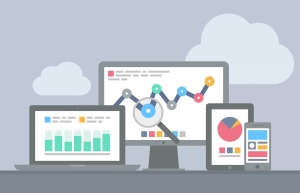
Monitoring your analytics on Facebook is important to understand how your marketing efforts are performing and make data-driven decisions for your business. Here are some tips to help you monitor your analytics:
- Define your key performance indicators (KPIs): Before you start monitoring your analytics, define the KPIs that are most important to your business. These could include metrics like reach, engagement, clicks, conversions, or ROI.
- Use Facebook Insights: Facebook Insights is a built-in tool that provides you with data on your page’s performance. It shows you metrics like likes, comments, shares, and post reach. You can also view insights on your audience demographics and behaviors.
- Track ad performance: If you’re running Facebook ads, use the Ads Manager tool to track the performance of your ads. It shows you metrics like impressions, clicks, and conversions, and allows you to adjust your ad targeting and bidding strategies accordingly.
- Analyze your data: Once you have collected data on your performance, analyze it to identify trends and patterns. Look for areas where you are excelling and areas where you could improve. Use this information to adjust your social media strategy and make data-driven decisions.
- Set benchmarks and goals: Use your analytics to set benchmarks and goals for your social media marketing. This will help you track your progress and measure the success of your efforts over time.
- Monitor regularly: Make sure to monitor your analytics on a regular basis. This will help you stay on top of changes in performance and adjust your strategy as needed.
By monitoring your analytics on Facebook, you can gain valuable insights into your audience, your content, and your overall social media performance. Use this information to optimize your strategy and achieve your business goals.
Facebook marketing is a subset of digital marketing that focuses on using Facebook’s platform to reach and engage with potential customers. In our Social Media Marketing digital marketing course, you will learn about Facebook Ads. This includes creating a Facebook business page, using Facebook ads to target specific audiences, and posting engaging content regularly to build a loyal following.
By utilizing Facebook’s analytics and engagement tools, businesses can track their performance and make data-driven decisions to optimize their digital marketing strategy. Facebook marketing is an important component of a comprehensive digital marketing plan, as it provides businesses with a way to connect with their target audience and build brand awareness in a cost-effective manner.
For more digital marketing course details: https://digiskillzz.com/
Conclusion
In conclusion, Facebook marketing is an effective way for small businesses to reach their target audience and grow their brand. By creating a Facebook business page, defining your target audience, posting engaging content regularly, using Facebook ads, engaging with your audience, and monitoring your analytics, you can build a strong online presence and connect with potential customers.
It is important to keep in mind that Facebook’s algorithms and best practices are constantly changing, so it’s important to stay up-to-date with the latest trends and strategies. By consistently implementing these tactics and adapting to changes in the platform, you can create a successful Facebook marketing strategy for your small business in 2023 and beyond.
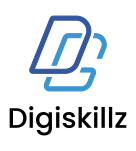




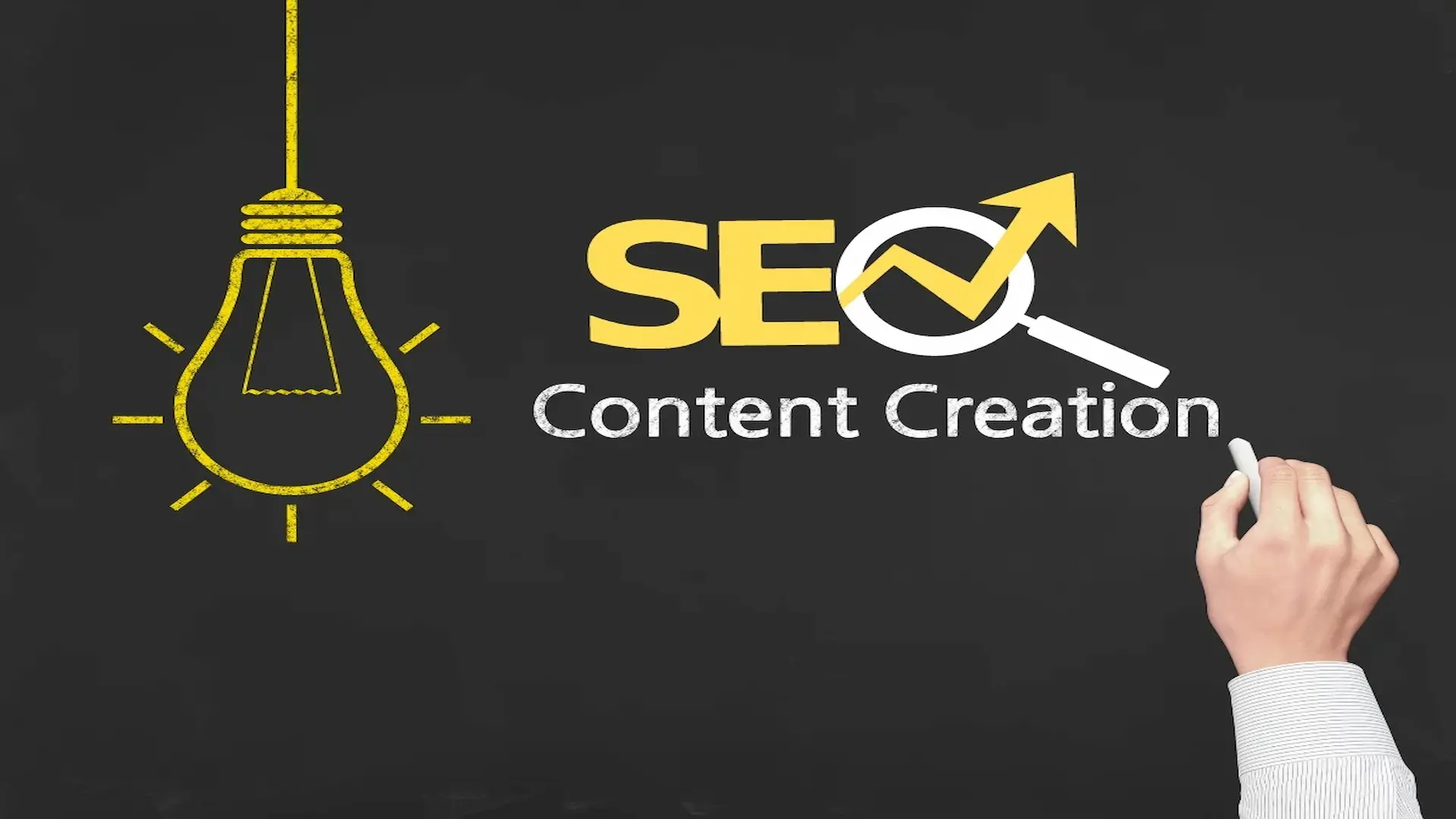

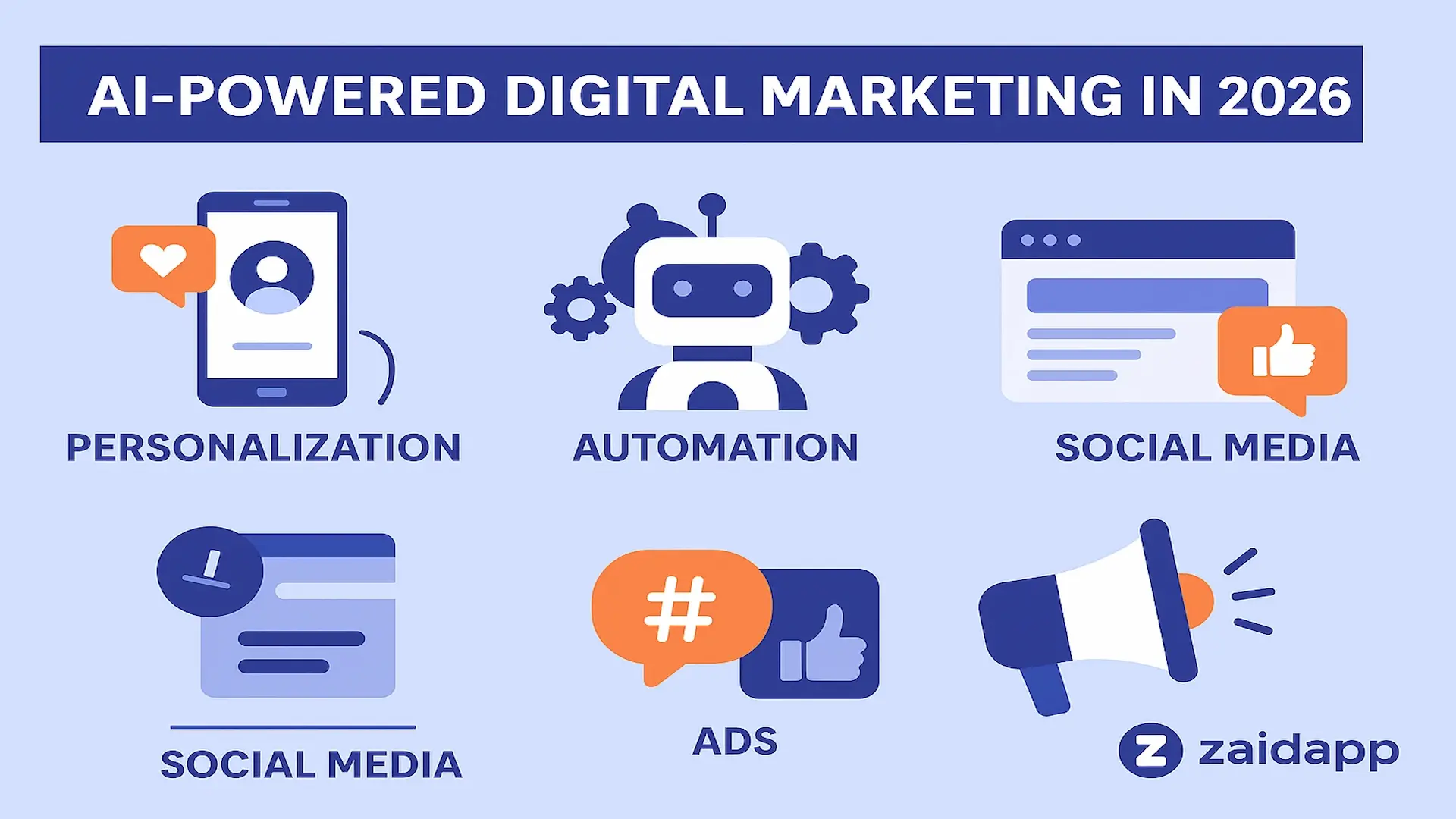
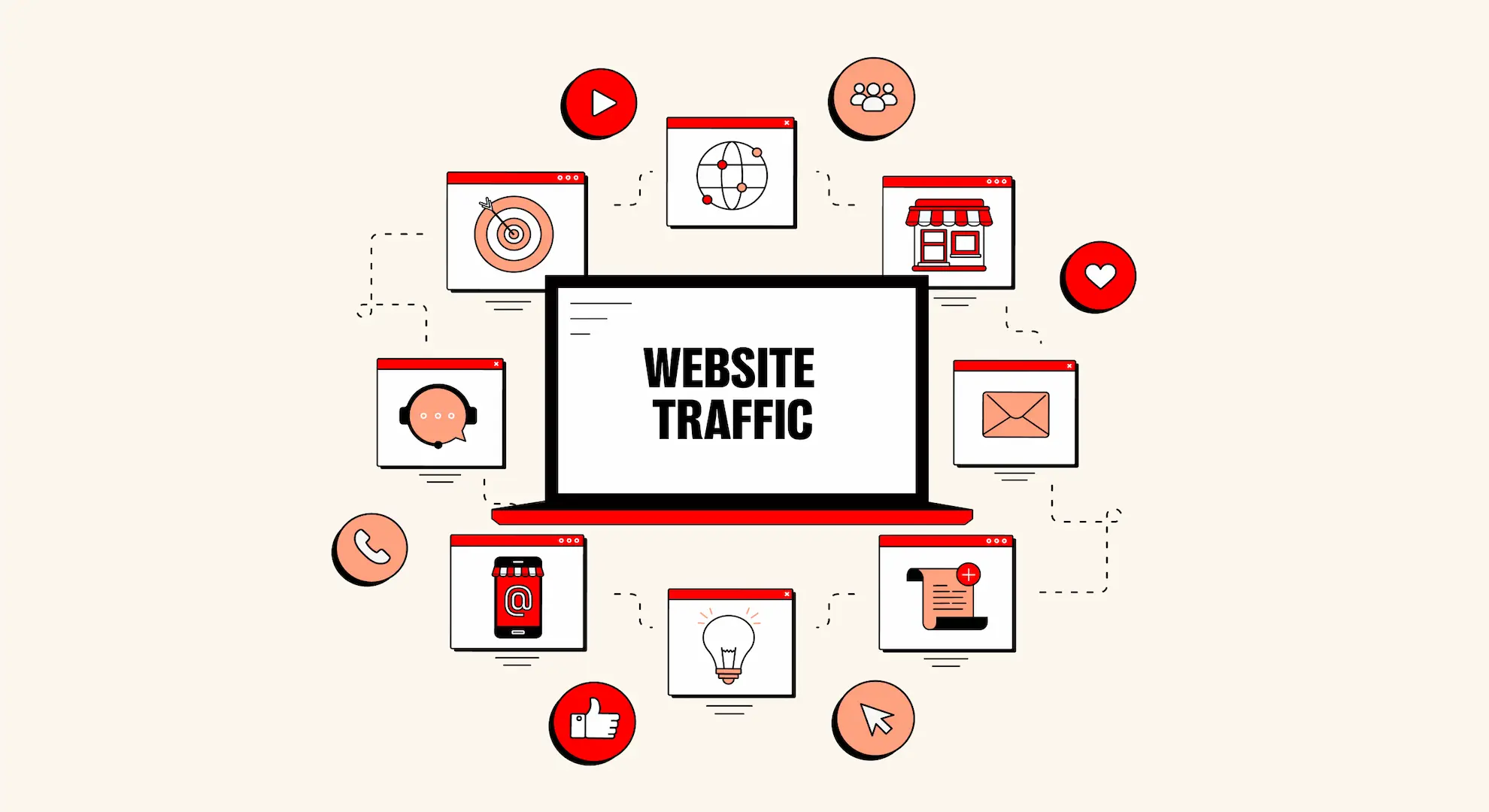
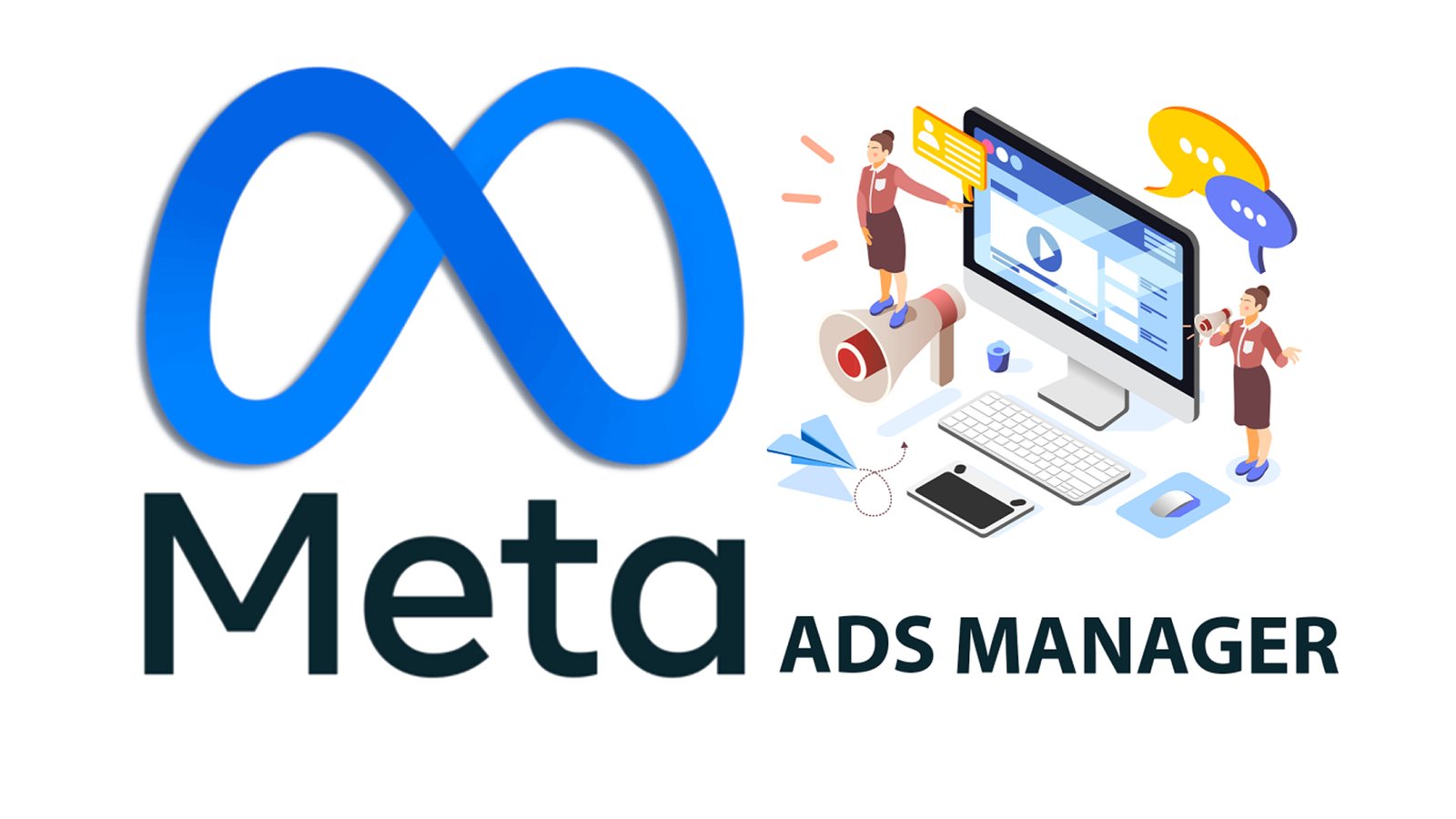
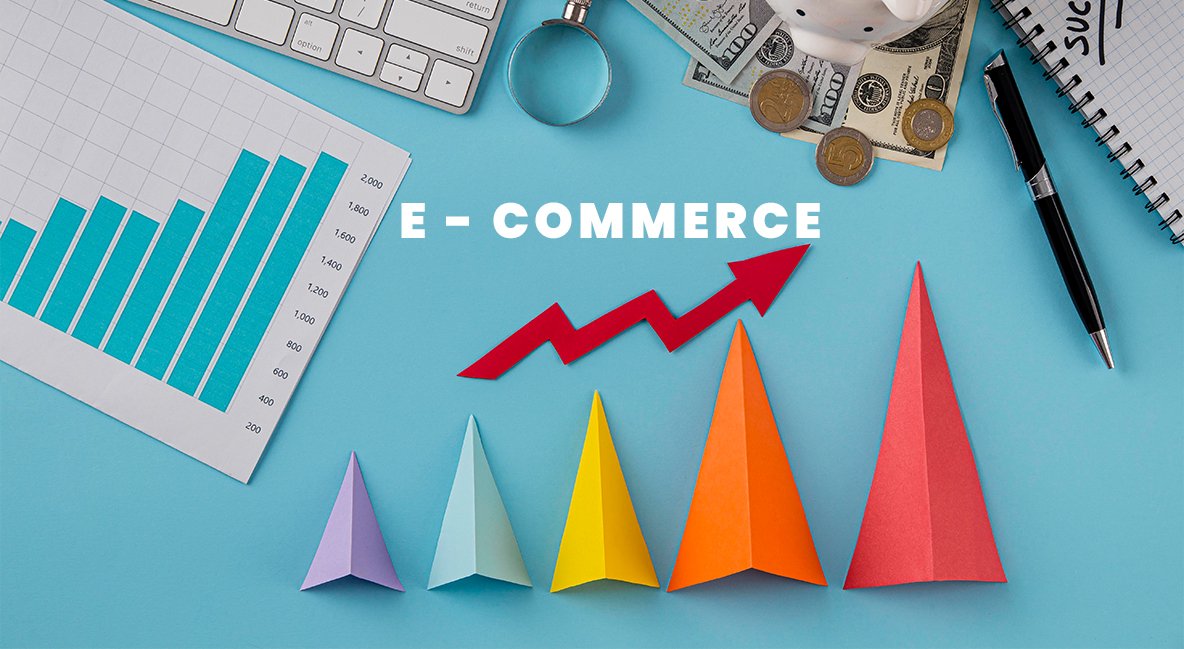
Leave A Comment